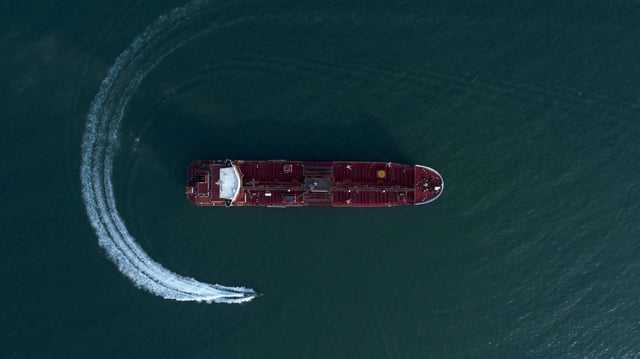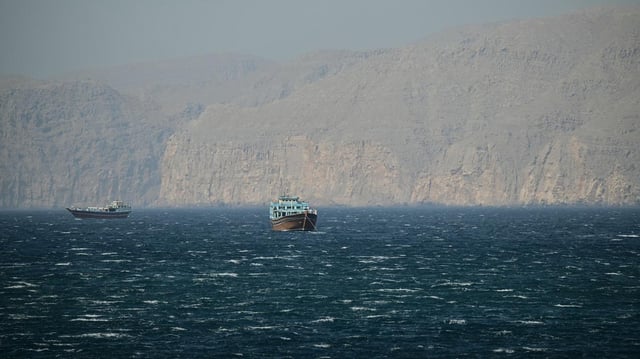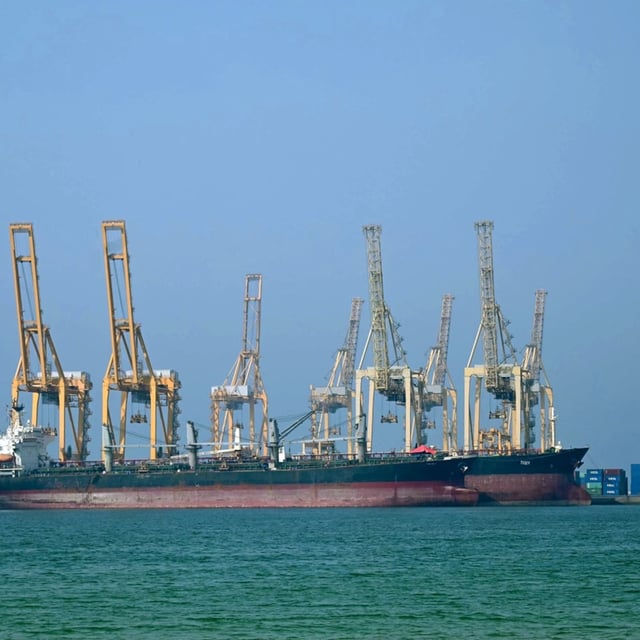Overview
- Shipping companies have begun paying hazard allowances to crews transiting the Strait of Hormuz in response to increased security risks from Iranian patrols and potential mines.
- Anastasios Leonburg of Allianz Commercial warns that sinking just two large oil tankers could effectively obstruct the strait’s narrow channels.
- The US Navy has redeployed vessels across the Persian Gulf to maintain rapid response capabilities if Tehran attempts to disrupt shipping lanes.
- China has reduced its reliance on Iranian oil by boosting imports from Russia and Saudi Arabia while overall demand declines due to economic slowdown and a shift toward renewables.
- Most analysts consider a blockade unlikely given the severe economic and military repercussions Iran would face from cutting off a vital oil route.



